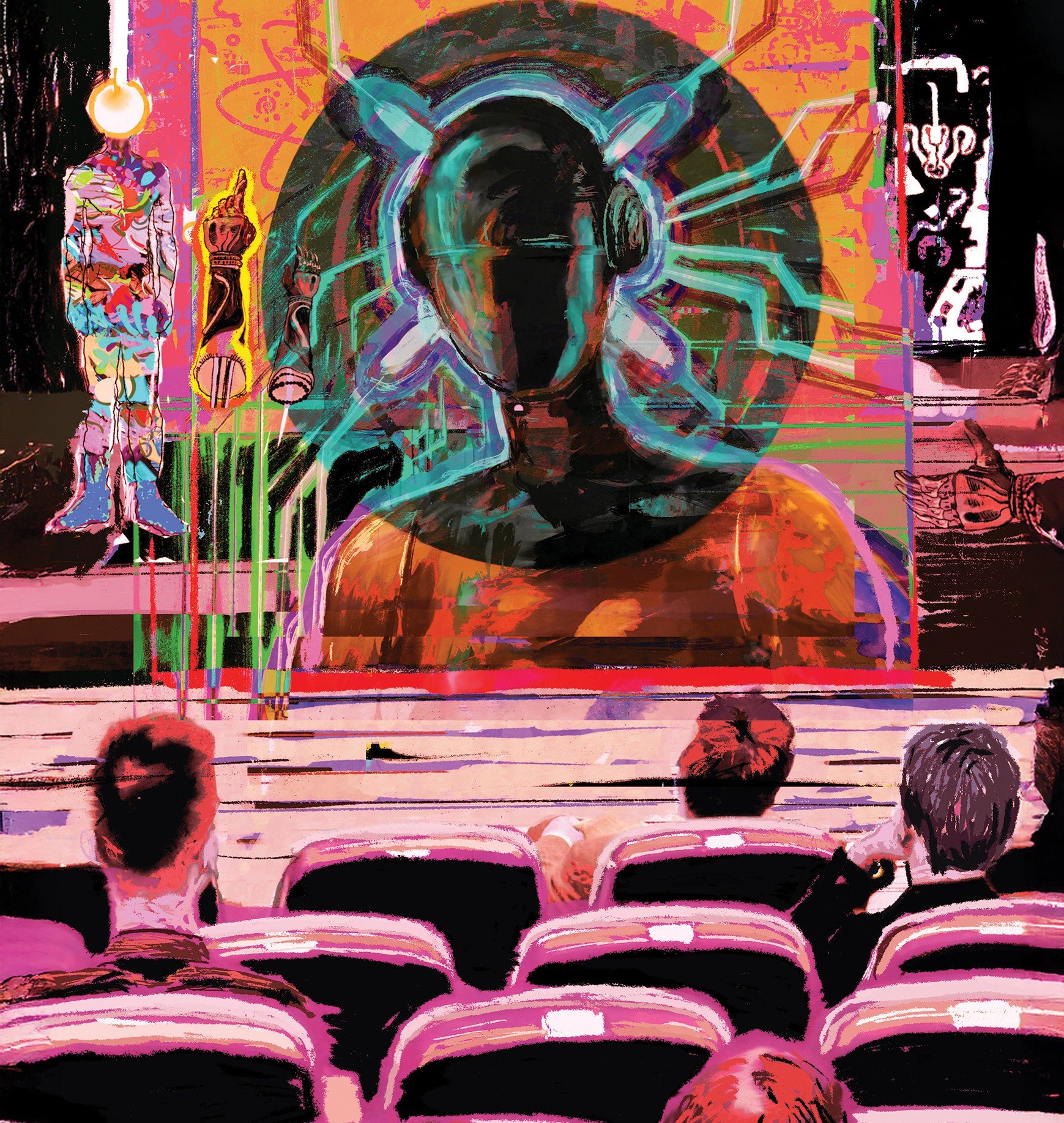
Missteps with AI in the Classroom
The integration of artificial intelligence (AI) into education has unlocked powerful tools and possibilities, while also revealing challenges that threaten the integrity of genuine learning.[i] As an educator, I have seen a growing pattern over recent semesters in which diligent students engage deeply with course materials, absorbing complex ideas, asking questions, and developing a true understanding of the subject matter.
However, a contrasting group of students—those less invested in learning—have embraced AI tools as a way to complete assignments with minimal effort, relying on AI-generated answers that, while well-structured and grammatically sound, fail to engage with the substance of the assignment.

The Classical Edge in a Digital World
It might seem counterintuitive to suggest that a classical education, rooted in Latin, logic, rhetoric, mathematics, and the great books, could be the ideal preparation for careers in technology, including computer science and “coding.” Yet at Cincinnati Classical Academy, our integrated liberal arts foundation offers precisely the skills required to thrive (and remain human!) in an increasingly complex digital world.

Classical Education for an AI Age
If there is anything that AI has accomplished for classical Christian education, it is that it has increased the need for classical Christian education.
